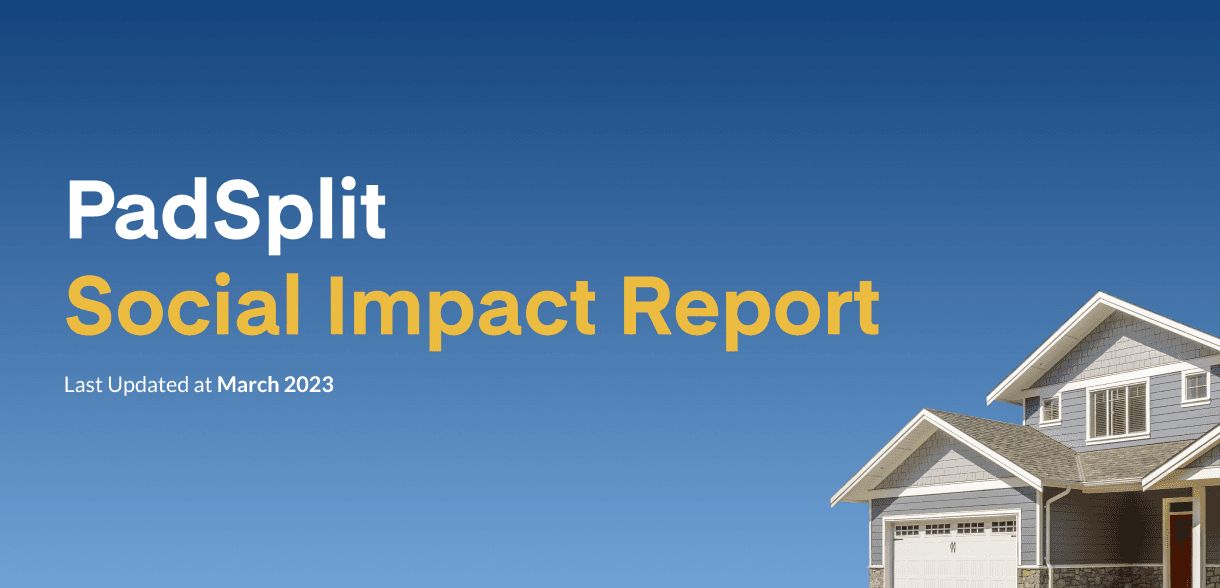The new year is a perfect time to sit down, review your financial plan, and create resolutions to help you achieve your financial goals.
Here are 5 simple, easy financial resolutions to set to help you stay financially on track in 2022.
New Year’s Financial Resolutions to Help You Reach Your Goals
1. Make a budget and stick to it.
If you don’t have a monthly budget, this is a great place to start. Creating a monthly budget is a great tool to help you reach your financial goals. Don’t think of a budget as a way of restricting yourself. Instead, think of it as a spending plan. Your spending plan helps ensure your money is spent wisely and appropriately. A good budget helps put and keep your finances on track while giving you room to reward yourself without breaking the bank.
2. Pay your bills on time.
This financial resolution may seem like a no-brainer but it’s extremely important. Paying your bills on time helps keep your financial goals on track and prevent debt. Late fees add up and just one missed monthly payment can make it impossible to catch up. This is especially true with credit card payments when you can end up owing more money than you initially borrowed.
3. Add $1,000 to your savings.
An emergency fund is often a special savings account where you have money set aside in case of emergency. Most experts recommend having three to six months of expenses in your emergency fund. If your total monthly expenses are $2,000, then you should have $6,000 to $12,000 in your emergency fund.
However, it can feel overwhelming when you get started, so we recommend starting with a smaller goal. Break down what an emergency fund increase of $1,000 looks like over the course of the year. $1,000 divided by 12 is just over $83 a month or about $20 a week. Build this into your monthly budget and you’ll hit this important financial goal in 2022.
4. Pay off a debt or credit card.
There are two very important reasons for paying off debt. First, it saves you money. Second, it helps improve your credit score. Paying off debt is an important step of any financial plan. Set a goal to pay off at least one debt this year. We recommend paying off your lowest debt first because it’s a realistic goal when you’re on a tight budget. It also gives you a sense of accomplishment as you work towards your financial goals. Then, take the money you were paying towards your lowest debt and apply it towards your next largest debt. This rollover process helps you make more than the minimum monthly payment without changing your overall monthly budget.
5. Increase your financial literacy.
“Financial literacy” is a term used to describe a person’s knowledge of financial skills like budgeting, investing, and overall personal financial management. Reaching your financial goals is a process and setting a goal to increase your financial literacy will help make it even easier. One way to increase your financial literacy is to follow blogs like this. We regularly publish content to help our Members better understand financial concepts and reach their personal finance goals.
Looking for a way to reduce your expenses and save more money? The biggest chunk of the average American’s budget goes toward housing, which accounts for about 37% of take-home pay. By moving into a PadSplit, you get all the benefits of living in a home without the huge rent payment and long-term leases. Curious how much you’d save? Check out our Savings Calculator to compare PadSplit to your current place.


